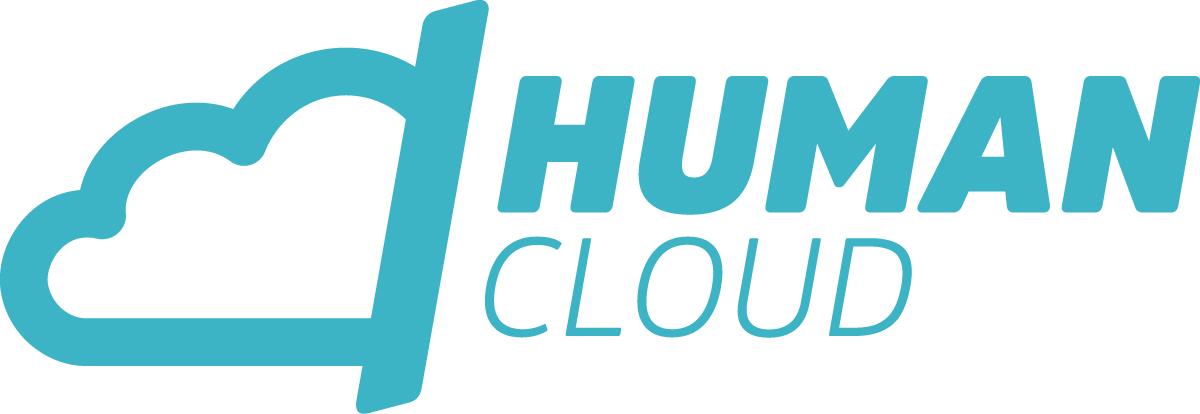Abby Forman
Director of Communications
Fiverr
Leaders,
Fiverr took the baton at productizing freelance services so hiring a freelancer is as easy as calling an Uber. It’s incredible to hear Abby’s focus on how the freelance economy isn’t the gig economy, or another work model, but rather a digital transformation tool for every business to compete.
Our Favorite Quotes
What are the key challenges Abby’s solving for?
I truly believe that one of the reasons why I’m still here is because I believe in the future of this space. We’ve seen it grow.
I saw what it was in 2017. And it’s grown immensely since then.
So I think the number one challenge that we face as an industry is really to educate companies, both large and small.
It’s really to educate companies both large and small about the impact that freelance talent can have not just on their productivity and their scalability, but also their bottom line. I mean, because that’s, you know, in the end, that’s what companies are focused on.
And I think in times like these, it’s incredibly important for companies to ensure that they’re managing costs accordingly, managing their fixed expenses and their variable expenses.
And freelancers have the flexibility to come and help when needed and leave when they’re not. They can help a company scale up and down based on changing customer demands and market needs, in addition to helping these companies diversify their workforce.
Where does Abby see the freelance economy in 5 years?
breaking the idea of a typical hierarchy. And, you know, breaking loose of traditional management styles, because for so long, we’ve been stuck in a world where we almost value time more than output.
We’ve been brought up in this world to think that the first person in the office, and the last one to leave is probably the hardest worker. But that’s not the case anymore.
And especially when it comes to this new world of working, where everyone is remote, managers can’t keep track of people’s time the way that they used to. And so now, all they have to rely on is the output of that person’s work.
And that was something that Fiverr saw very early on. And that was the basis for productizing services. Because we thought, and our founder may have thought, there’s deadlines and stuff like that, but we don’t really care when, or how much time a person spends on a project. We care about the quality of the deliverable and the output.
We know that the freelance economy is only going to continue to grow from here, actually, just a little less than a month ago, we released our fifth annual freelance economic impact report, which differs from some of the other reports out there, in the sense that it looks at the size and growth of knowledge based freelancers in the US versus just, you know, more general, independent workers that can earn a living by, you know, sharing their home, or driving a car or, you know, other sharing economy type of type of roles.


